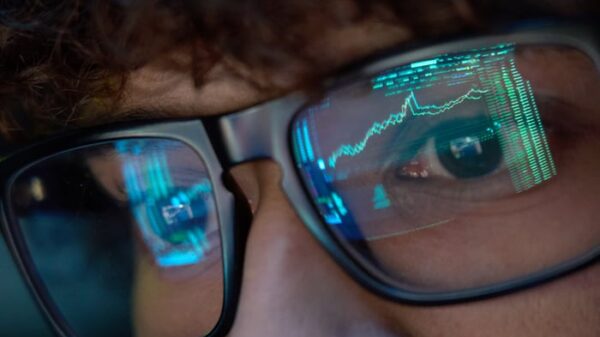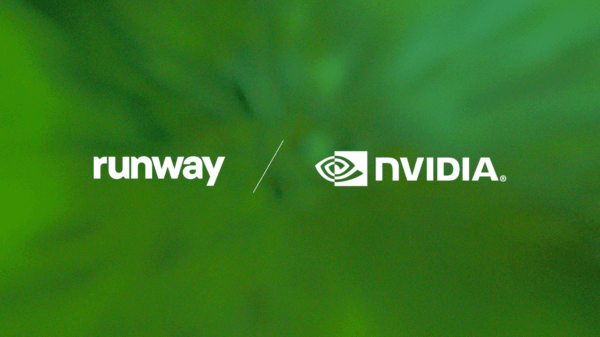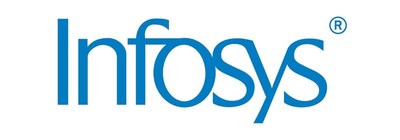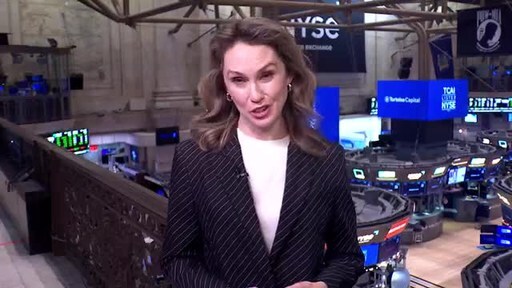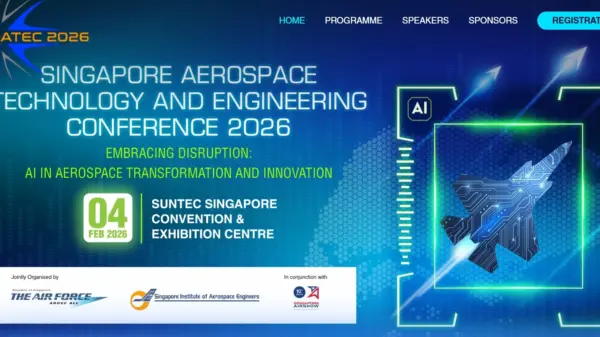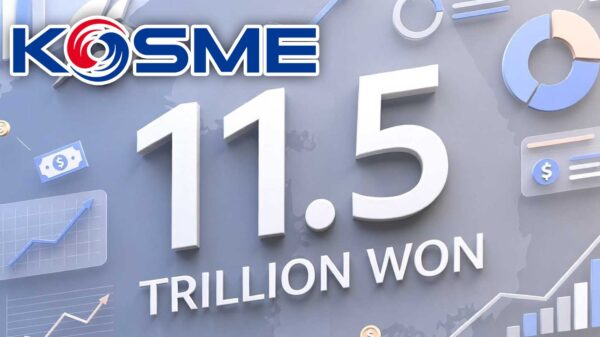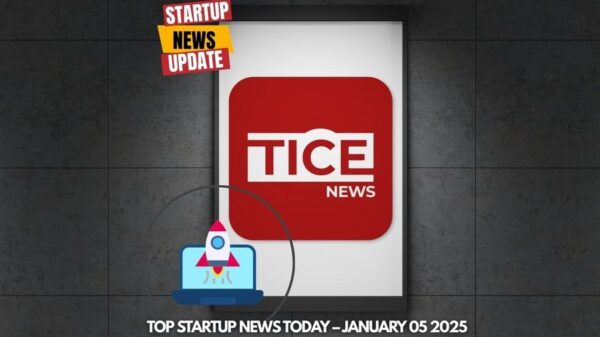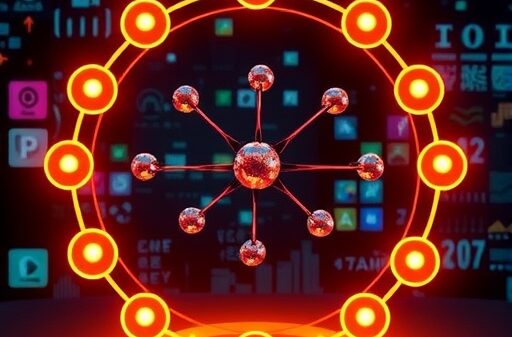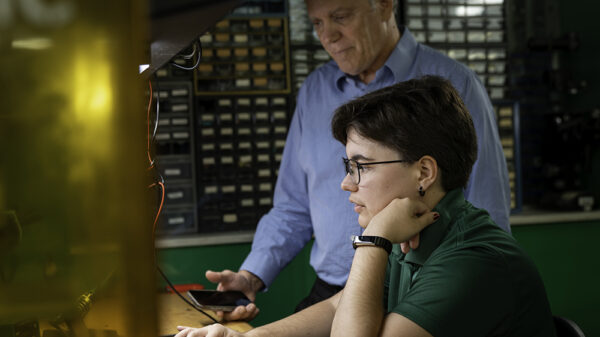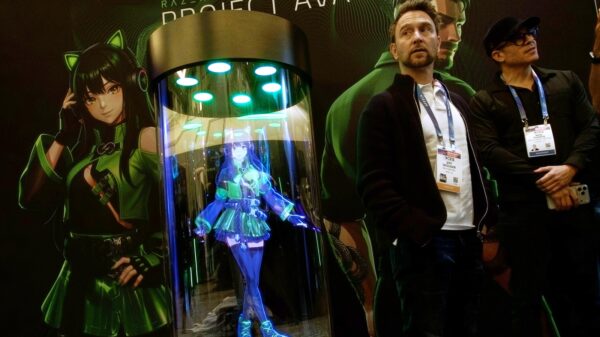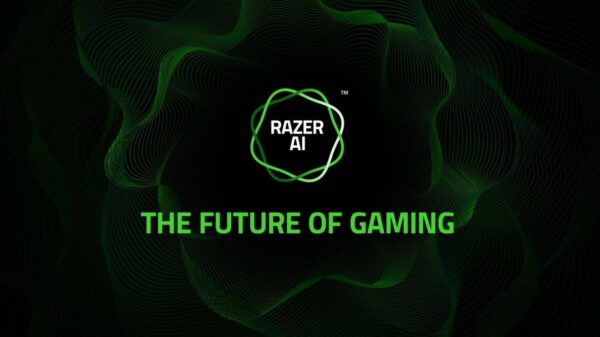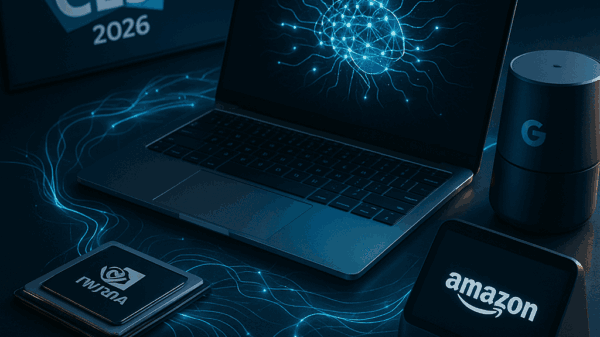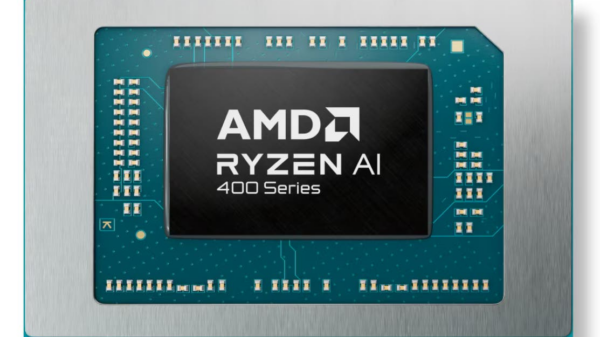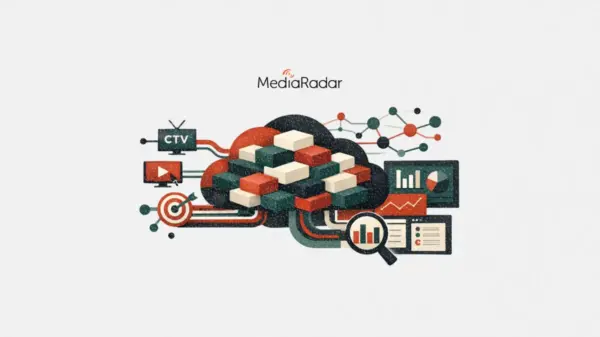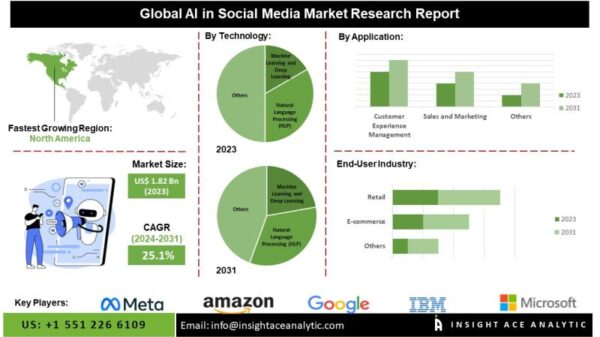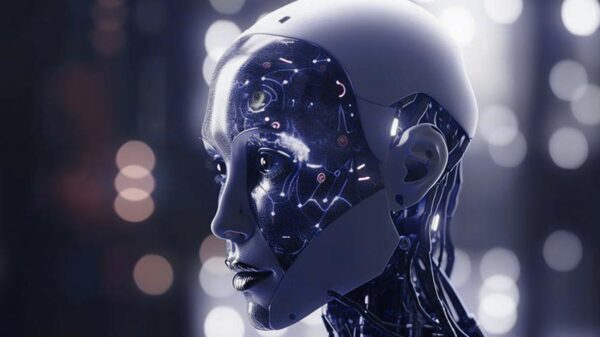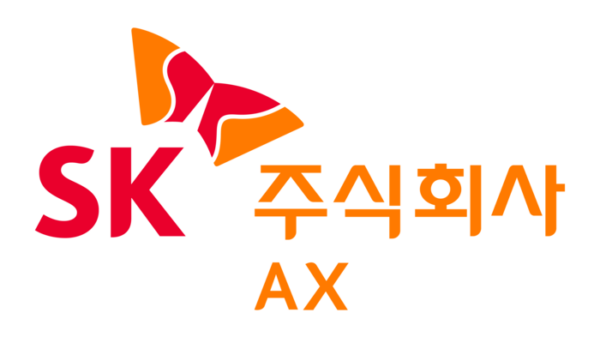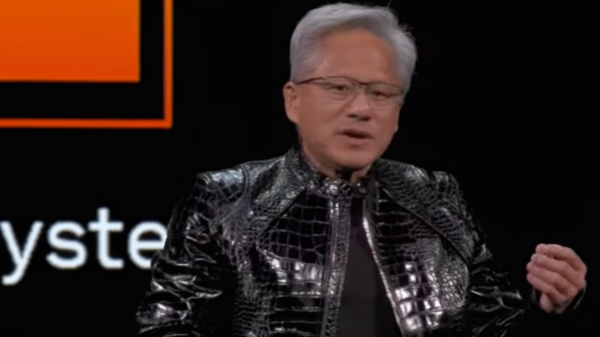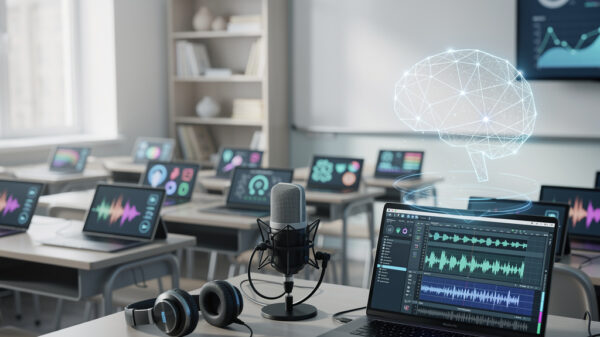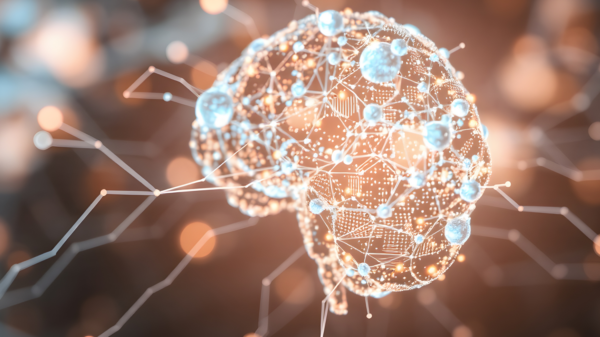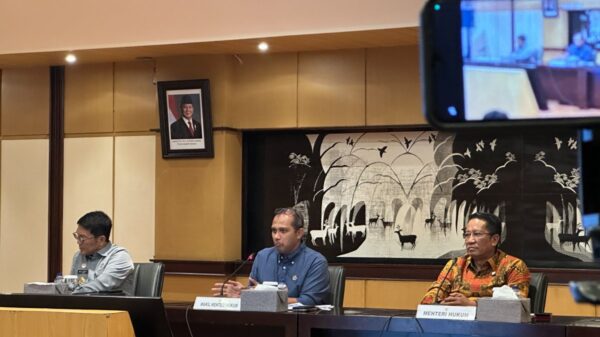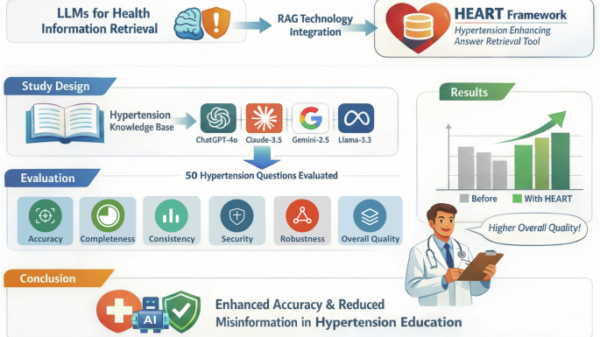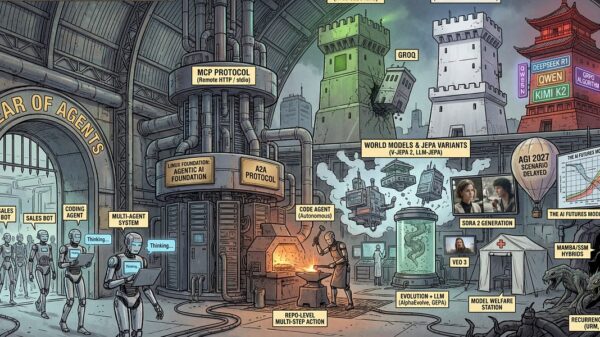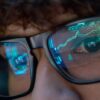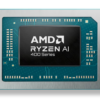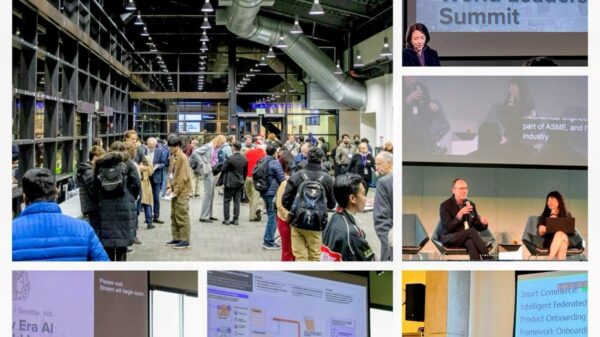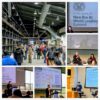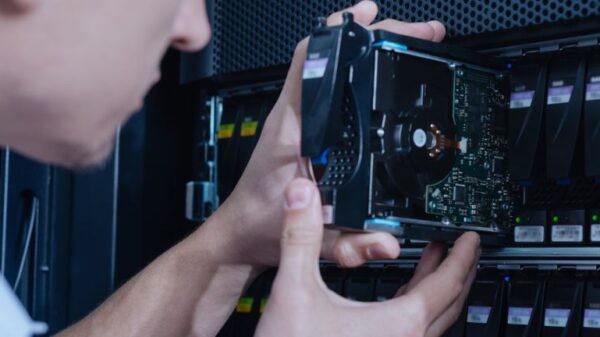In recent decades, the technology sector consistently offered American workers high wages and robust job security. However, a shift in the labor landscape has raised concerns about the value of tech jobs and the skills associated with them. The rise of artificial intelligence (AI) is particularly significant, as it is already displacing many entry-level positions within tech. Major corporations, including Intel, Meta, and Microsoft, have reported laying off thousands of employees this year, further intensifying anxiety around job stability in technology.
Compounding these challenges, funding reductions from the Trump Administration have jeopardized various facets of the tech industry, especially those reliant on research grants. Despite these hurdles, pursuing a degree in computer science or related fields—such as computer engineering, applied mathematics, or data science—remains one of the most promising paths for students, according to experts in the field.
One prevalent misunderstanding about computer science is its essence. It is not solely about coding; rather, the crucial skill is learning to think creatively to tackle complex problems. For instance, when I earned my degree in computer engineering in 1995, the tech world was in its infancy. The internet was just emerging, with limited search engines and no cloud computing or smartphones. However, the foundational skills in problem-solving I acquired allowed me to thrive in various roles, notably at Google and Microsoft Azure.
Another common misconception is that AI will primarily disrupt the software development realm. In reality, AI’s influence is far-reaching, affecting not just software developers but every knowledge worker. Soon, we can expect a proliferation of AI tools across various professions, including graphic design, law, accounting, healthcare, and more, wherever knowledge can be systematized. This growing impact is not merely confined to software development; it reflects the evolution of programming languages and our interactions with technology.
Despite concerns over job displacement, the demand for skilled software developers will remain strong. Critical thinking and problem-solving abilities will continue to be essential, even as AI automates routine aspects of tasks. AI excels at automating repetitive tasks; for instance, it can generate code or marketing materials when given specific parameters. However, the human element—understanding consumer motivations and strategic decision-making—remains irreplaceable. AI cannot yet determine which software systems to develop or grasp the emotional factors influencing consumer behavior. As a result, qualified humans capable of solving complex problems will always be needed.
All knowledge workers will eventually need to collaborate with AI in their respective fields. Therefore, students should choose their areas of study based on their genuine interests and the potential to creatively impact society, rather than fear AI’s disruptive capabilities. Computer science remains a compelling choice for those seeking to make significant contributions to the world.
From my perspective, pursuing computer science and related disciplines may be even more advantageous now than it was in the 1990s. Today’s students have access to advanced technologies and computational resources, alongside a multitude of pressing global challenges, such as climate change, food insecurity, and healthcare issues—all of which require innovative solutions and human engagement.
While many recent computer science and STEM graduates may feel disheartened by the current job market, it is crucial to remember that job availability is cyclical. Although there may be fewer opportunities today, this landscape will evolve. During slumps, students should focus on deepening their expertise—not only for their benefit but also for the greater good of society.
Ultimately, we cannot advance or build systems without a new generation of computer scientists. With more challenges than available talent, the upcoming cohort of tech professionals will be pivotal in programming a better society.
See also IBM’s Charu Mahajan: Creativity Essential for AI Age, Not Just Data Literacy
IBM’s Charu Mahajan: Creativity Essential for AI Age, Not Just Data Literacy Microsoft AI Chief Mustafa Suleyman Defends Copilot Amid User Backlash on Windows Updates
Microsoft AI Chief Mustafa Suleyman Defends Copilot Amid User Backlash on Windows Updates Thumbprint Appoints Mark Hendrickson as Tech Director to Enhance AI-Driven Merchandise Solutions
Thumbprint Appoints Mark Hendrickson as Tech Director to Enhance AI-Driven Merchandise Solutions Swatch Launches AI-DADA Tool, Enables Custom Watches for $210 in Under 2 Minutes
Swatch Launches AI-DADA Tool, Enables Custom Watches for $210 in Under 2 Minutes AI Drives 48,000+ Job Cuts in 2023 as Firms Shift to Automation Strategies
AI Drives 48,000+ Job Cuts in 2023 as Firms Shift to Automation Strategies
